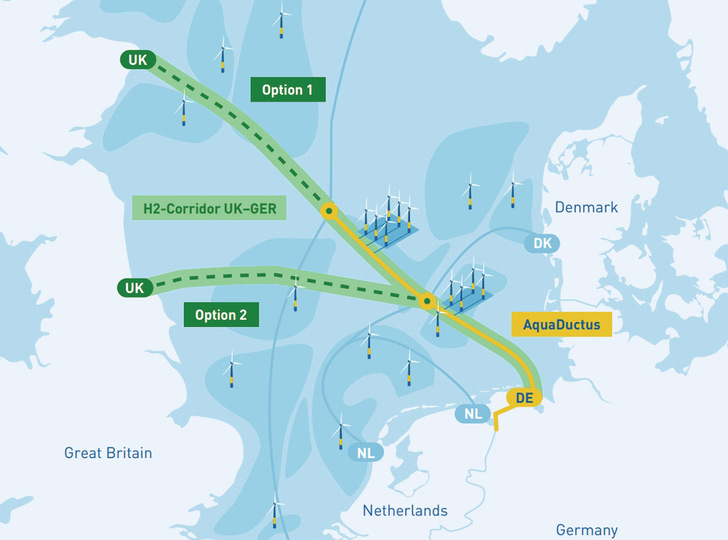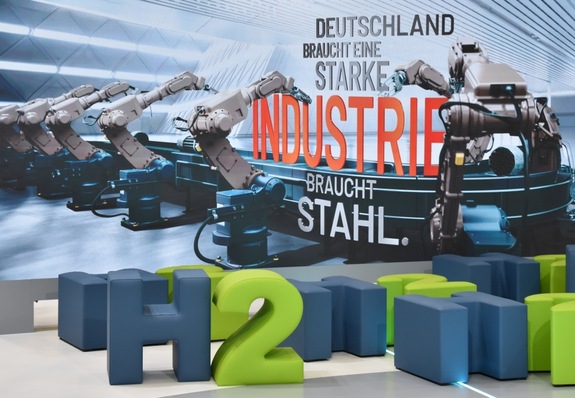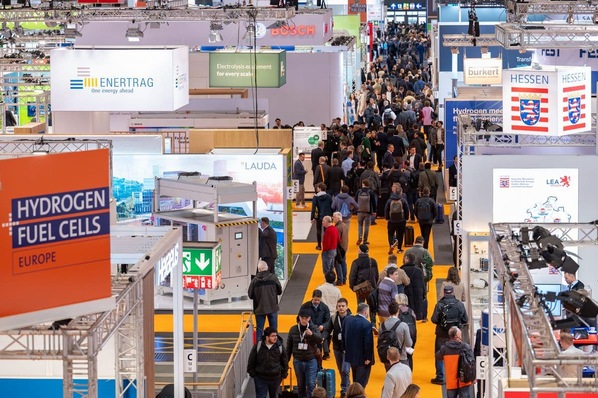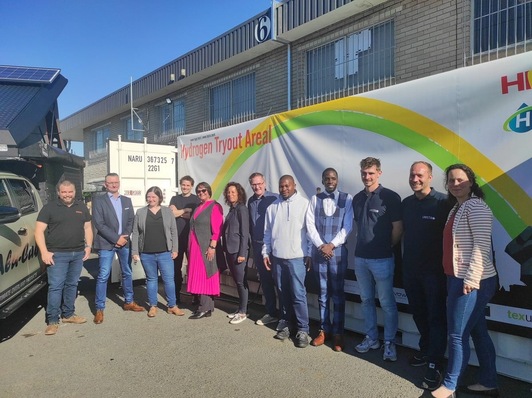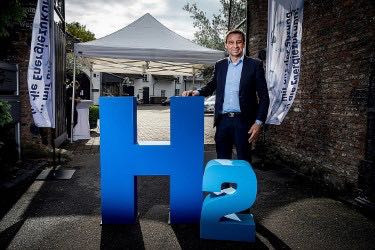The pipeline is designed to provide bidirectional transport capacity, offering greater flexibility and supply security to both markets. The project aligns with European initiatives to build a hydrogen economy that reduces dependence on energy imports and promotes sustainable industrial growth.
Both companies aim to obtain the status of a Project of Common Interest (PCI) or a Project of Mutual Interest (PMI) for the initiative. They also plan to include the project in the European Union's Ten-Year Network Development Plan (TYNDP) 2026.
The memorandum was signed at the World Hydrogen Summit in Rotterdam. The German Federal Ministry for Economic Affairs and Energy (Bundesministerium für Wirtschaft und Energie) was represented by Hanna Schumacher, Deputy Director-General for Hydrogen and Gas Infrastructure.
The project builds on a feasibility study conducted by Arup, Adelphi and the German Energy Agency (Dena) as part of the UK-Germany Hydrogen Partnership. The study confirmed the technical and economic feasibility of such a corridor to accelerate the development of a cross-border hydrogen market.
The UK-Germany Hydrogen Corridor will consist of two offshore pipeline sections. The first segment will originate on the British mainland and connect to the second section — Gascade's AquaDuctus pipeline project, which links to the German mainland.
Gascade Managing Director Ulrich Benterbusch stated: "Joint infrastructure projects like this allow us to leverage the UK's substantial renewable energy resources and Germany's strategic hydrogen storage and consumption capacities, diversify energy imports, and strengthen Europe's energy security." Jon Butterworth, CEO of National Gas, added that the project aims to build a stronger and more resilient energy system.


